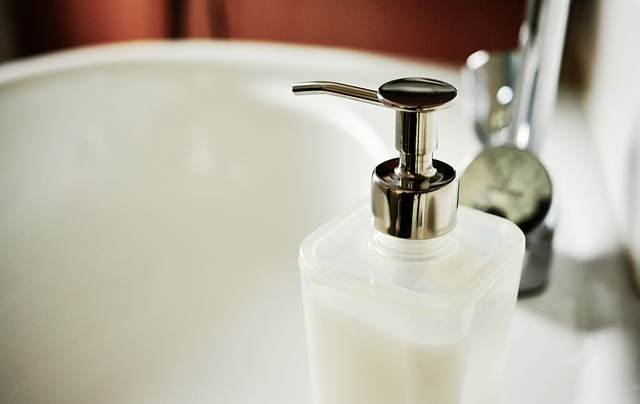Maintaining intimate area hygiene is an essential part of your overall wellness. Whether you’re male or female, staying clean and fresh “down there” not only prevents discomfort but also protects you from infections, irritation, and unwanted odor. With the right habits and products, you can confidently go about your day feeling clean, comfortable, and refreshed.
Here’s a guide on how to care for your intimate area from morning to night.
Why Proper Intimate Hygiene Is Important
The genital area is sensitive and home to a delicate balance of bacteria and pH levels. Poor hygiene can lead to:
-
Bacterial or yeast infections
-
Foul odors
-
Skin irritation or rashes
-
Urinary tract infections (UTIs)
Taking simple, preventative steps each day can help you stay healthy and avoid these issues.
1. Wash Daily with Lukewarm Water
Clean the external genital area gently once or twice a day using warm water. Over-washing or scrubbing can do more harm than good. For most people, water is enough.
-
Use a fragrance-free, mild cleanser if needed.
-
Avoid douching or inserting soap into the vagina.
-
For men, wash under the foreskin if uncircumcised.
2. Dry Thoroughly After Washing
Always pat dry the area with a clean towel after washing. Leaving moisture behind can create a breeding ground for bacteria and fungus.
-
Use a soft, dry towel.
-
Change towels regularly to prevent contamination.
3. Wear Breathable, Clean Underwear
Choose cotton or moisture-wicking fabrics that allow air circulation. Avoid tight, synthetic materials that trap sweat and heat.
-
Change underwear at least once daily.
-
Carry an extra pair if you expect a long day or workout.
4. Avoid Scented Products
Scented wipes, soaps, sprays, or powders may seem appealing, but they can disrupt your natural pH and cause irritation or allergic reactions.
-
Stick with unscented, pH-balanced products.
-
Avoid applying perfumes or deodorants to intimate areas.
5. Wipe Properly
For women, always wipe from front to back after using the toilet to prevent bacteria from entering the vaginal or urethral opening. For men, gently clean around the penis and scrotum.
6. Stay Hydrated and Eat a Balanced Diet
Drinking water helps flush out toxins and keeps your body including your intimate area functioning properly. Foods rich in probiotics (like yogurt), fiber, and vitamin C also promote good hygiene and immune function.
7. Practice Good Hygiene After Intimacy
After sexual activity, both partners should –
-
Wash the intimate area gently.
-
Urinate to help flush out bacteria.
-
Use a clean towel or wipe to dry off.
This helps prevent post-intercourse infections and discomfort.
8. Keep Clothing Fresh and Clean
Avoid staying in sweaty gym clothes, tight jeans, or damp swimwear for too long. These can trap moisture and lead to fungal infections or odor.
-
Change into dry, clean clothes as soon as possible after sweating.
-
Wash intimate garments in gentle, fragrance-free detergents.
9. Monitor for Changes
Pay attention to any signs of irritation, unusual discharge, persistent odor, or itching. These could indicate an infection or imbalance and should be checked by a healthcare provider.
Good intimate area hygiene doesn’t require complicated products or routines just consistent, simple care. By following these tips daily, you’ll reduce the risk of infection, maintain natural balance, and feel confident in your body all day long.


